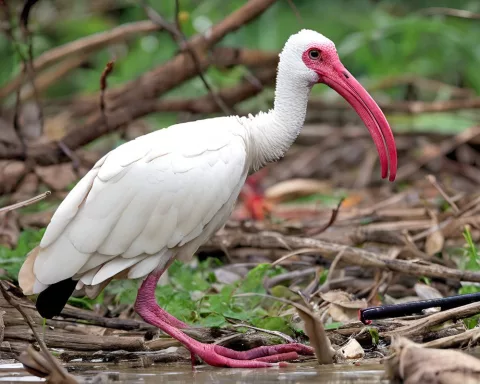On August 13, 2023, the Western Cape Government, the City of Cape Town, and the South African National Taxi Council (SANTACO) reached a significant agreement, ending an eight-day minibus-taxi strike in Cape Town. The agreement addressed the concerns of all parties involved in the strike.
Clarity and Safety in Minibus-Taxi Industry
The primary objective of the agreement is to ensure the safety of commuters, taxi drivers, and law enforcement officials. To achieve this objective, the agreement aims for clarity and eliminates ambiguities that could lead to discrepancies or confrontations between enforcement staff and taxi drivers. Misrepresentations pose a grave risk to all stakeholders and could create unnecessary panic.
Minibus-Taxi Task Team and Penalty Differentiation
The agreement establishes a Minibus-Taxi Task Team, comprising representatives from SANTACO, the City of Cape Town, and the Western Cape Government. The task team will work for the next 14 days to differentiate between major impoundable offences and minor infringements, establishing appropriate penalties for the latter. The City of Cape Town remains committed to classifying all traffic offences impacting safety as major offences.
Impoundments for Major Violations
Vehicles with violations such as operating without a valid license or a Public Drivers Permit, operating outside permitted routes, the absence of a driver’s license, or inadequate roadworthiness will face impoundments. SANTACO has been requested to submit specific cases of vehicles impounded for minor offences, if any, for the city to evaluate and release if deemed appropriate. However, agreement on the classification of minor offences remains crucial.
Strike Protocols and Dispute Escalation
To ensure a smooth resolution of future disputes, the agreement includes strike protocols. SANTACO has committed to providing a minimum of 36 hours’ notice before initiating future strikes, preventing incidents like stranded commuters walking home, as seen during the last strike. Furthermore, the agreement establishes a dispute escalation and resolution clause, encouraging matters to be elevated to the Premier and Mayor before any strike action.
Prevention of Taxi-related Violence
The backbone of this agreement is the prevention of taxi-related violence. A resurgence of such violence would nullify the entire settlement. Therefore, Western Cape Minister of Mobility, Ricardo Mackenzie, urged SANTACO to communicate effectively with their members and avoid making incorrect public statements. The focus must remain on the passengers and ensuring their safe passage.
Commitment to a Safe and Dignified Minibus-Taxi Industry
As the Western Cape Government commits to work alongside SANTACO, the City of Cape Town, and the National Government, the 14-day period to address the immediate issues is crucial. Mackenzie expressed gratitude to the National Government for its involvement, emphasizing that their support would expedite the formalization and subsidization of the minibus-taxi industry.
This landmark agreement represents a new chapter for the minibus-taxi industry in Cape Town. With cooperation and dedication, safe and dignified transportation will be ensured, and the city will continue to thrive.








